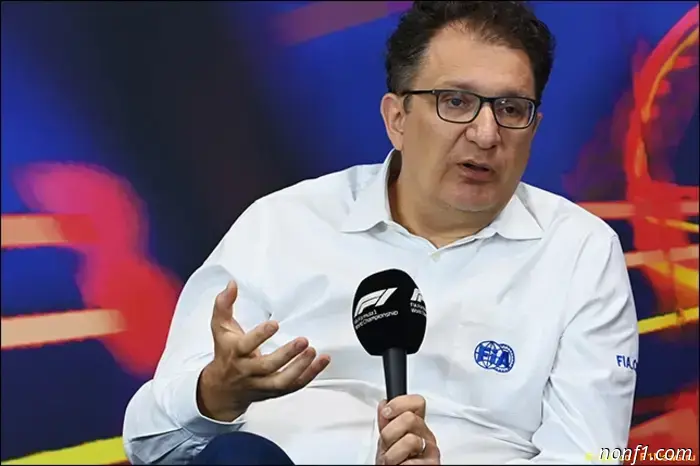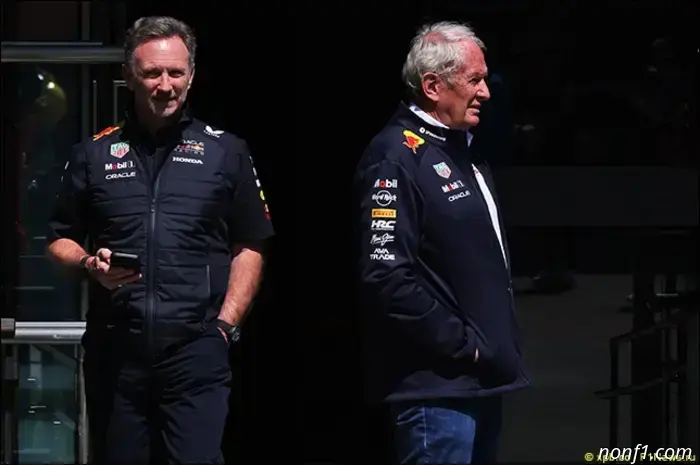
The FIA is looking for a compromise on engine regulations
Until recently, everyone was sure that the issue with the regulations for engines in the 2026 season was closed – manufacturers are developing and testing them at the stands, but last week the FIA unexpectedly proposed a return to naturally aspirated V10 with biofuels.
The goal is obvious – cost reduction. Most viewers don't care which engines are on the cars, and the sound of the V10 is louder than that of a hybrid powerplant, and they cost much less.
The switch to hybrids was driven by the interest of manufacturers who want to justify investments in Formula 1 to the board of directors, but this interest has noticeably decreased during the crisis. No one wants their cars to cost more in a crisis just because they have more advanced engines of the same power.
Obviously, before bringing this issue to the public, the FIA discussed it with interested parties, but no compromise could be found. The FIA Director of single-seater racing, Nicholas Tombasis, listed the factors that must be taken into account.…
Nicholas Tombasis: "I don't want to talk about preliminary conclusions, negotiations are ongoing and there is no need to rush this issue.
We are proud to have brought Audi into this sport, and we don't want them to change their minds. We are proud to have forced Honda to reconsider its decision to leave and return, but now we are trying to find a compromise that suits everyone, taking into account modern realities.
We do not have a universal solution that can simultaneously ensure sporting equality, reduce costs, and protect sports, power plant manufacturers, and their investments. There is no option that would be perfect for everyone, so we are trying to find a middle ground.
In 2020-2021, when the regulations were discussed, the trend towards switching to the use of electric motors was obvious. Since then, the views of the participants have changed, and even if Formula 1 is in a very good financial position now, it is important for us to protect it from further fluctuations in the global economy.
We need to take protective measures while the sun is shining, not when it starts to rain, and striving to reduce costs is paramount. But we are not trying to do this unilaterally, but we want to take into account the interests of all participants."
Other articles
 A decision on Lawson has not yet been made.
The start of the 2025 season was discussed at the Red Bull Racing management meeting in Dubai...
A decision on Lawson has not yet been made.
The start of the 2025 season was discussed at the Red Bull Racing management meeting in Dubai...
 Pascal Wehrlein makes his Le Mans debut
Former Formula 1 racer and current Formula E champion Pascal Wehrlein will compete in the 24 Hours of Le Mans this year...
Pascal Wehrlein makes his Le Mans debut
Former Formula 1 racer and current Formula E champion Pascal Wehrlein will compete in the 24 Hours of Le Mans this year...
The FIA is looking for a compromise on engine regulations
The FIA is trying to protect Formula 1 from fluctuations in the global economy...
